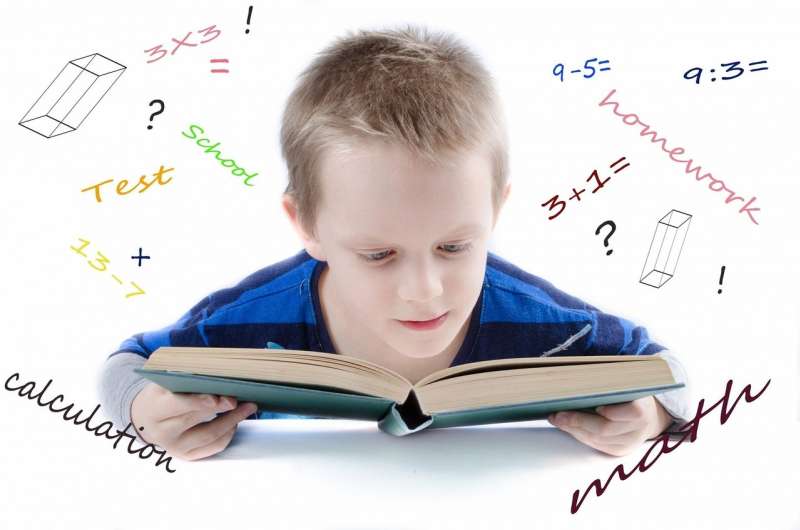Credit: CC0 Public Domain
A major study into maths attainment has found that boys and girls perform equally in the subject, dispelling long-held myths around gender and education.
The first UK-wide research of its kind for 13 years was carried out by Keith Topping, Professor of Educational and Social Research at the University of Dundee, and education assessment company Renaissance found differences in maths attainment between girls and boys to be almost negligible. The study also found that regular and high-quality maths practice improves outcomes across the board and that primary pupils outperformed secondary students, with better attainment scores.
The authors are now calling on educationalists to push for a cultural change in schools, encouraging more girls to take up STEM subjects and challenging the male stranglehold on careers in these areas.
Professor Topping analysed data from over 20,103 students from primary and secondary schools across England, Scotland, Wales and Northern Ireland using Renaissance's Star Maths programme. His findings challenge many of the prevailing stereotypes around gender and the study of maths, with the research reigniting a broader debate around the 'gendering' of certain subjects on the curriculum and careers in later life.
Professor Topping said"This research shows that with regular and thorough practice of the basic mathematical principals, we can help raise attainment across the board and improve students' overall educational outcomes.
"Maths skills are becoming more and more important in an increasingly digital and autonomous world. This study shows practically no difference between boys and girls when it comes to attainment. Educationalists must challenge the gendering of STEM subjects if we are to ever see more female engineers, scientists, and mathematicians."
To conduct the study, Professor Topping used data gathered from cloud-based assessment and learning provider Renaissance, using their Star Maths programme. Star Maths is an adaptive low-stakes mathematics test that allows students the opportunity to go on to practice maths at their own pace and ability using the Accelerated Maths programme.
The assessment presents students with multiple choice answers on a computer screen adjusting the difficulty of the questions depending on a student's performance. Once students have taken the test, it automatically compares their results to other students their age.
Lauren Shapiro, Special Projects Team Manager at Renaissance said, "There is an enduring myth that girls don't perform as well as boys in maths. This stereotype can follow them into later life with fewer women taking up careers in STEM subjects or becoming maths teachers.
"But this research indicates that does not need to be the case. This should be a wake-up call for all educationalists. We need to push for a cultural change in schools to shake off the male-oriented reputation that certain STEM subjects have among students.
"This research also demonstrates that practices makes perfect. Teachers' timetables are increasingly stretched but as little as 15 minutes of practice in maths can make a huge difference."
Renaissance is the world's largest online assessment provider and its software gives schools an accurate picture of each individual pupil's ability, enabling teachers to tailor instruction and personalise practice to raise standards accordingly.
Provided by University of Dundee






















